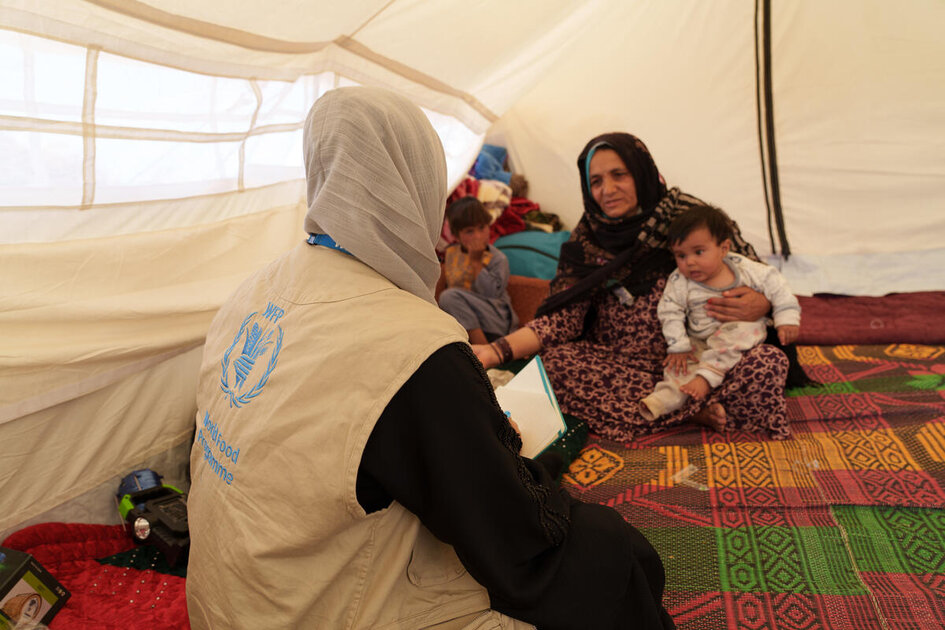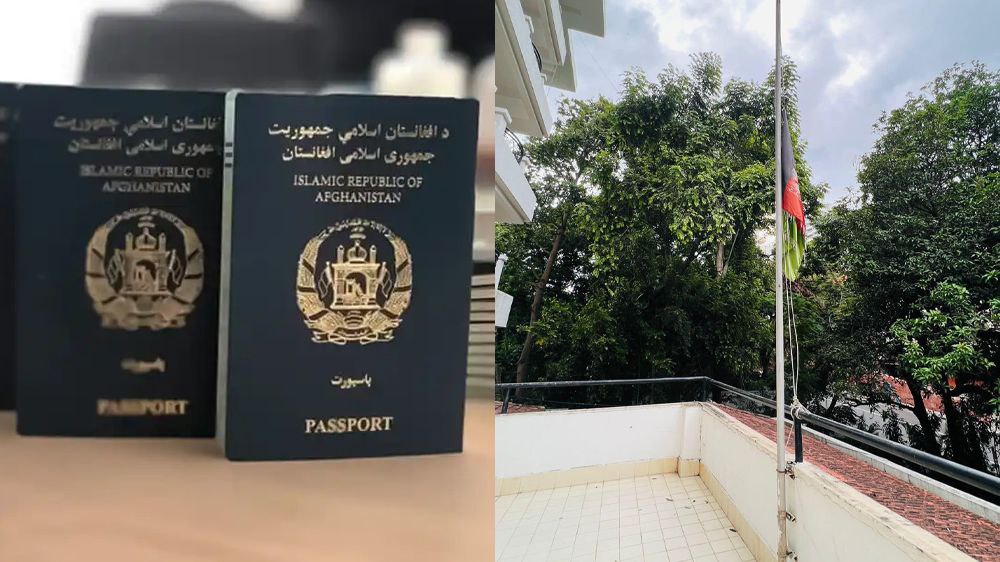The United Nations World Food Programme (WFP) in Afghanistan has announced that it has assisted over 8 million Afghan citizens in the first three months of 2024.
Kabul 24: The assistance provided includes food items, cash, and educational services, as WFP stated on its official X account on Sunday.
WFP has repeatedly announced that it requires $657 million to continue its operations in Afghanistan for the next months.
It is while international aid to Afghanistan has fallen short of the required amount, highlighting the urgent need for sustained humanitarian assistance in the country.
Despite efforts to secure funding, only 7.8% of the requested $3.6 billion for lifesaving aid in Afghanistan has been received, according to the United Nations Office for the Coordination of Humanitarian Affairs (OCHA).
Lately, OCHA stated the humanitarian aid in Afghanistan has been reduced due to the lack of more funds.
WFP Provides Assistance to Over 8 Million Afghans in First Quarter
Urgent Need for Sustained Humanitarian Aid in Afghanistan
The United Nations World Food Programme (WFP) in Afghanistan has announced that it has assisted over 8 million Afghan citizens in the first three months of 2024[1]. The assistance provided includes food items, cash, and educational services.
WFP has repeatedly stated that it requires $657 million to continue its operations in Afghanistan for the next few months[1]. However, international aid to Afghanistan has fallen short of the required amount, highlighting the urgent need for sustained humanitarian assistance in the country.
Funding Shortfall Impacts Humanitarian Response
According to the United Nations Office for the Coordination of Humanitarian Affairs (OCHA), only 7.8% of the requested $3.6 billion for lifesaving aid in Afghanistan has been received[1]. This funding shortfall has led to a reduction in humanitarian aid in the country.
WFP’s Crucial Role in Addressing Food Insecurity
WFP’s assistance is crucial in addressing the dire food insecurity situation in Afghanistan. The country is facing a humanitarian crisis, with 15.8 million Afghans experiencing acute food insecurity[2]. One in three Afghans do not know where their next meal will come from[2].
Calls for Increased Global Solidarity and Support
The WFP and OCHA have called for increased global solidarity and support to address the worsening humanitarian crisis in Afghanistan. With the harsh winter approaching, the need for sustained funding and aid is more critical than ever to ensure vulnerable communities have access to life-saving assistance.







